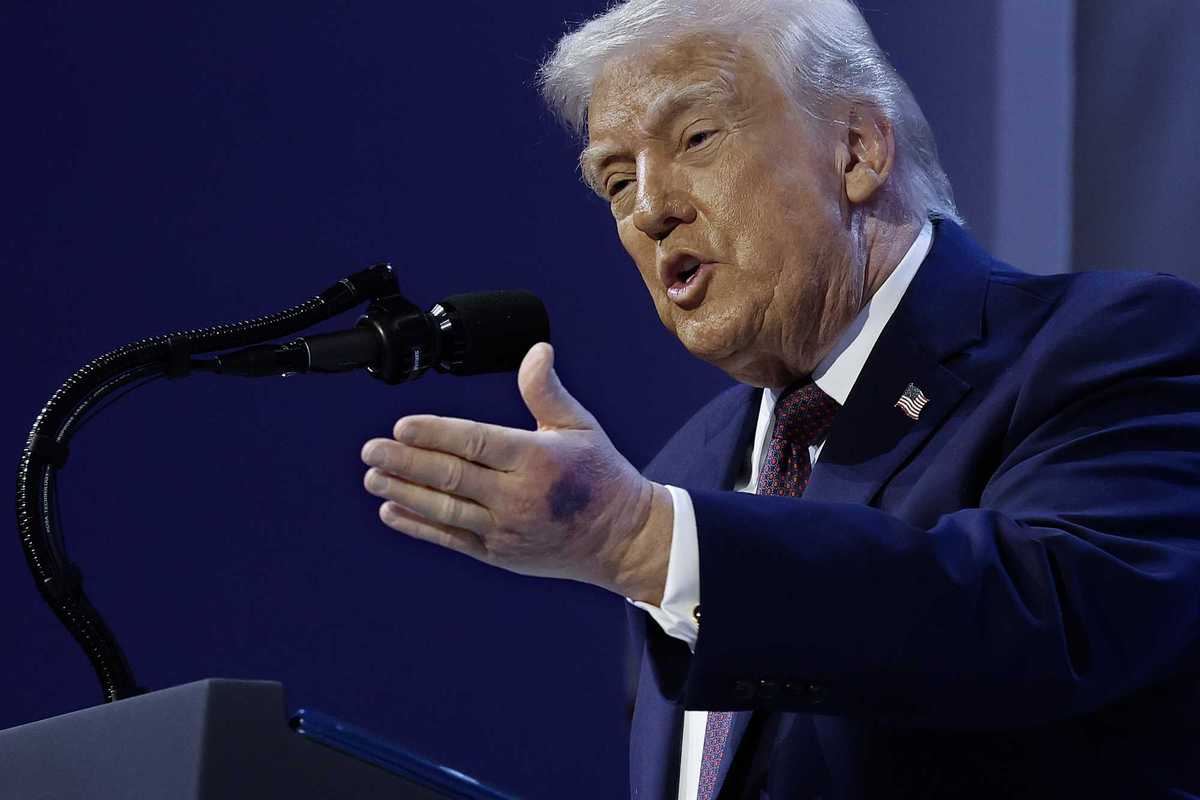News
Connor Dunn
Jan 09, 2015
Maithripala Sirisena being sworn in as Sri Lanka's new president on Friday (Picture: Getty)
In a shock presidential election defeat, Sri Lanka's longstanding leader Mahinda Rajapaksa has been ousted by his number two Maithripala Sirisena.
More than 70 per cent of the 15 million electorate turned out to vote in what is seen as the most significant poll on the island for decades.
The incumbent president had called the snap election two years early, expecting a comfortable victory, but the former health minister won with 51.3 per cent of the vote.
What's the context?
Mahinda Rajapaksa has been accused of nepotism and corruptionMr Rajapaksa had ruled over Sri Lanka for a decade, winning the last two presidential elections by a landslide. He successfully ended the bloody 26-year civil war with the Tamil Tigers in 2009.
In November, Mr Sirisena unexpectedly announced that he would be standing for president the morning after a dinner at Mr Rajapaksa's home.
The president called him “Judas” and with the support of the majority of the island's Sinhala buddhists - who make up roughly 70 per cent of the population - was expected to make mincemeat of his opponents.
However, Mr Sirisena took his lead from the ethnic Tamil-dominated former war zone in the north and Muslim-dominated areas.
What does the future hold?
According to the Independent’s foreign correspondent Peter Popham, Mr Rajapaksa used his power to give political positions to relatives, spent money on costly vanity projects, trampled on the constitution and intimidated the national media into submission.
Mr Sirisena has vowed to root out corruption and bring constitutional reforms to weaken the power of the presidency.
He is now set to lead a potentially fractious coalition of ethnic, religious, Marxist and centre-right parties and may have to call more elections in 100 days.
However, with 1,200 complaints over election fraud the Sri Lanka Campaign for Peace and Justice fears "there could be a risk of reprisals against journalists, human rights activists, and Sirisena supporters" from Rajapaksa's advocates.
More: The most corrupt countries in the world, ranked in order
Top 100
The Conversation (0)













